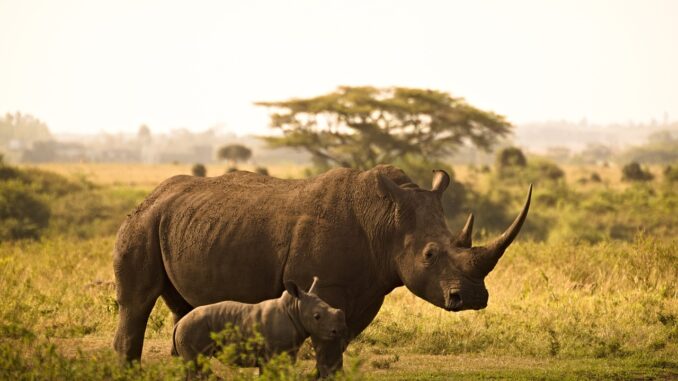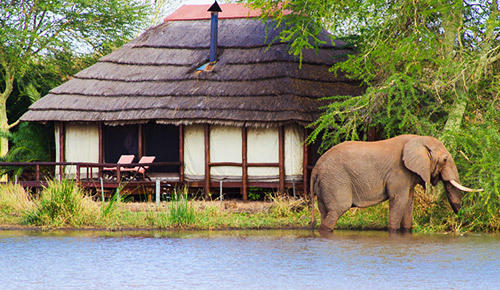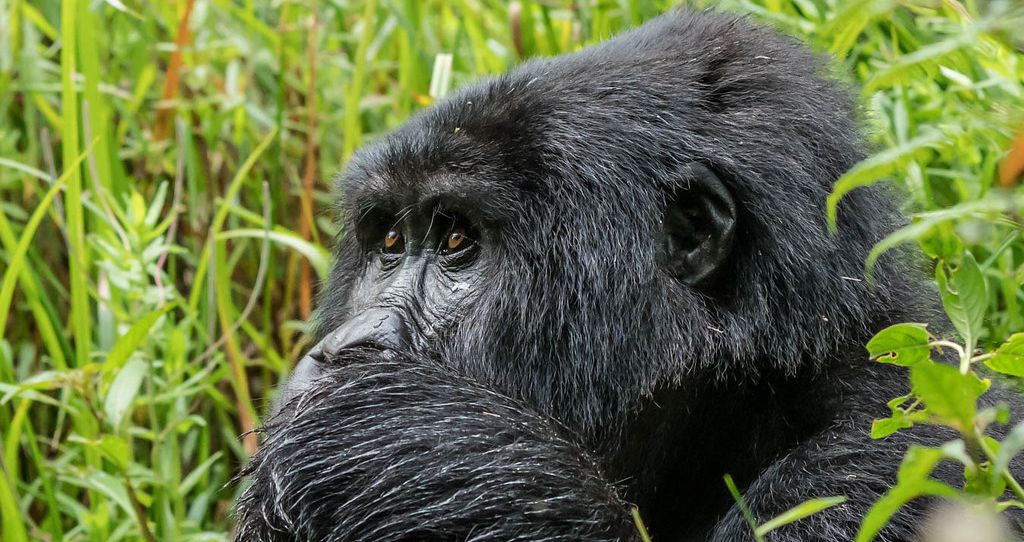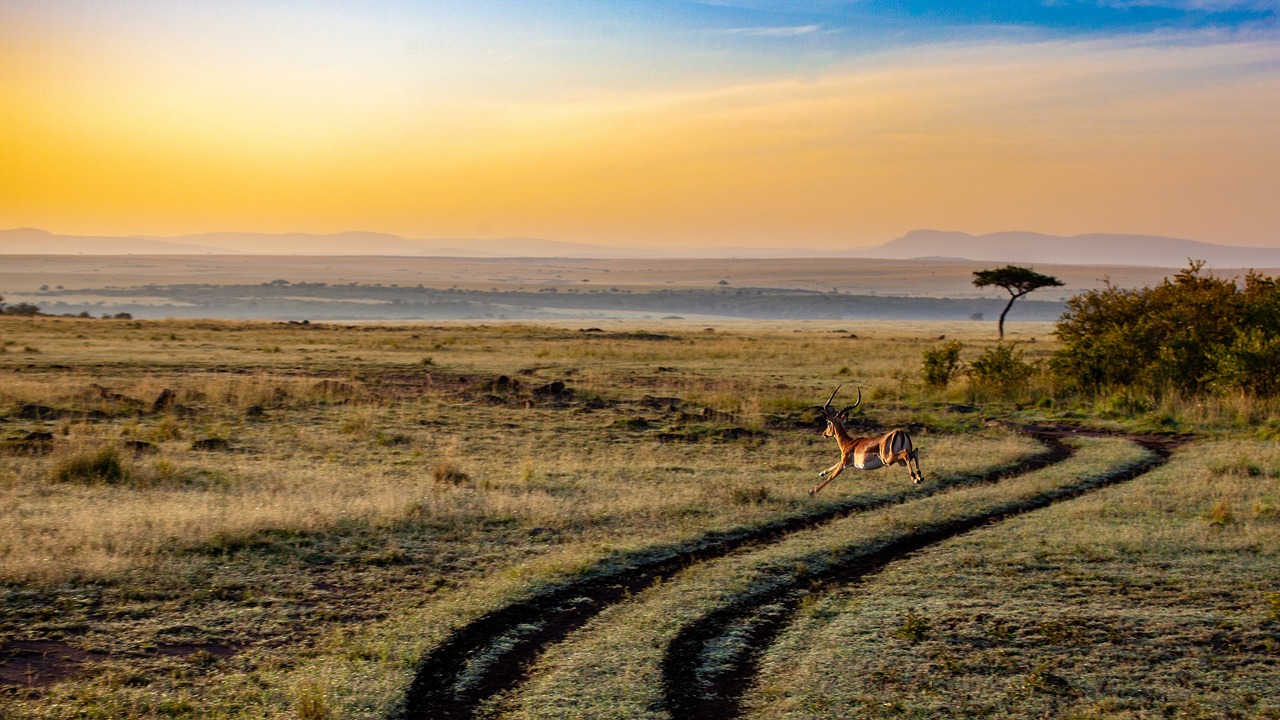
Ethical safari holidays are vacations that prioritize the conservation of wildlife and the welfare of animals, while also benefiting local communities and respecting their cultural heritage. These types of holidays aim to create a positive impact on the environment and society, as well as provide tourists with an authentic and meaningful experience.
By choosing an ethical safari holiday, you can positively impact the environment and local communities, while also enjoying an unforgettable experience.
What are Ethical Safaris?
Ethical safaris are safari experiences that prioritize animal welfare, conservation, and the well-being of local communities over profit or entertainment. Ethical safaris are designed to be sustainable, responsible, and respectful towards the environment and the people who live where the safari takes place.
Choose Sustainable Safari Accommodation
When choosing a sustainable safari accommodation, there are several factors to consider to ensure that you are supporting responsible tourism and minimizing your environmental impact. Here are some things to look for:
- Eco-friendly practices: Look for accommodations that implement eco-friendly practices, such as using renewable energy sources like solar power or wind turbines, composting organic waste, and using water-saving measures.
- Local community involvement: Choose to support local communities and promote cultural awareness. Look for lodges that employ local staff, use locally-sourced materials and food, and offer cultural experiences such as visits to nearby villages.
- Conservation efforts: Choose accommodations that are committed to conserving the local wildlife and ecosystems. Look for lodges that support conservation initiatives and have measures to reduce their environmental impact.
- Low-impact design: Look for lodges that use eco-friendly building materials, have low energy consumption and use natural ventilation.
Look for Eco-Friendly Safari Tours
If you’re looking for eco-friendly safari tours for your ethical safari holidays, make sure to look for tour operators that have eco-friendly policies in place, choose accommodations that prioritize sustainability, and look for tours that support conservation efforts and wildlife protection.
Ethical safari holidays could be a great opportunity to have a good time with friends and family while taking care of the environment.
Support Local Businesses
In short, supporting local businesses is not only good for the local economy but also helps build a stronger community. By shopping locally, you’re making a positive impact on the people and businesses in the area by creating jobs and, supporting local artists.
Participate in a Volunteer Programme
Volunteering is an excellent way to make a positive impact in any community in the world while gaining new experiences, skills, and knowledge.
Remember that volunteering is a valuable and rewarding experience, but it is important to be committed, reliable, and respectful of the organization’s policies and procedures.
5 Popular Ethical Safaris
As we stated before, ethical safaris are those that prioritize the well-being of animals and the conservation of their natural habitats. Here are our five popular ethical safaris:
1. Maasai Mara National Reserve, Kenya
This reserve is a popular destination for ethical safaris because it is home to the Maasai people, who have a deep respect for the environment and its wildlife. Visitors can take part in guided tours led by the Maasai, who offer insights into their culture and the animals that inhabit the area.

“… It also happens to be home to some of the highest densities of wildlife in Africa, which provide some of nature’s most breathtaking spectacles. Majestic, strolling herds of elephant, the clash of Africa’s biggest cats and the heart-pumping thrill of the Great Migration…It all awaits on a Masai Mara safari.” – Holly Allison from Timbuktu Travel
2. Kruger National Park, South Africa
This park is one of the largest reserves in Africa and is home to a wide variety of wildlife, including the Big Five (lion, leopard, rhinoceros, elephant, and Cape buffalo). Visitors can take part in guided tours led by experienced rangers who have a deep understanding of the park’s ecosystem.

Kruger National Park is easily one of the world’s greatest game parks. It’s known for its professional management of wildlife, nature conservation, and safeguarding of African cultural heritage. It’s developed significantly since it was officially opened as a park in 1927 but the history goes far before that. – Will from Going Awesome Places
3. Bwindi Impenetrable Forest, Uganda
This forest is home to nearly half of the world’s remaining mountain gorillas, and ethical safaris in the area focus on conservation efforts to protect these endangered animals. Visitors can take part in gorilla trekking tours, where they can observe the gorillas in their natural habitat.

“Of the estimated 900 mountain gorillas in existence, half live in troops in the UNESCO protected Bwindi Impenetrable Forest and Mghinga National Park, and can be observed and tracked by a select number of visitors.” – Laura Kelly from vjv
4. Chobe National Park, Botswana
This park is known for its large population of elephants and offers ethical safaris that prioritize the animals’ well-being. Visitors can take part in guided tours that offer opportunities to observe the elephants and other wildlife from a safe distance.
“Chobe National Park, located in the far north of Botswana in Southern Africa is one of the most incredible wilderness regions on the African continent. It boasts more elephants than anywhere else on the planet. Additionally, other wildlife favorites including lions, antelopes, buffalo, hippos, zebras, giraffes and even rare rhinos.” – from Drink Tea Travel
5. Serengeti National Park, Tanzania
This park is famous for its annual wildebeest migration and is home to a variety of other wildlife, including lions, cheetahs, and hyenas. Ethical safaris in the area prioritize conservation efforts and offer opportunities for visitors to learn about the park’s ecosystem and the animals that inhabit it.
“With more than a million animals living on this virgin savanna covering more than 15,000,000 hectares (37,000,000 acres) across the northwestern part of Tanzania, there is no better place to go on a safari than here.” – Peter R. from Bucketlisty Blog
Pack Responsibly and Reduce Your Carbon Footprint
Packing responsibly is an essential step towards reducing your carbon footprint. Whether you’re traveling or moving, you can make a difference by being mindful of the items you pack and the way you pack them. Here are some tips to help you pack responsibly and reduce your carbon footprint:
Use eco-friendly packing materials: Instead of using bubble wrap and plastic foam, opt for eco-friendly materials such as recycled paper or biodegradable packing peanuts. You can also use old newspapers or cloth to wrap fragile items.
- Pack light: The more items you pack, the heavier your luggage will be, which means more fuel will be needed to transport it. Pack only the essentials and avoid packing unnecessary items.
- Use reusable containers: Instead of using single-use plastic bags and containers, pack your items in reusable containers such as canvas bags or metal boxes. You can also use your own reusable water bottle instead of buying plastic water bottles.
- Choose sustainable products: When packing items such as toiletries and cleaning supplies, choose products that are environmentally friendly and biodegradable. Look for products that are labeled as eco-friendly or organic.
- Donate or recycle: Instead of throwing away items you no longer need, donate them to a charity or recycle them. This will help reduce waste and save valuable resources.
- Choose sustainable transportation: When traveling, choose sustainable transportation options such as public transportation, biking, or walking. If you need to drive, consider carpooling or renting a fuel-efficient vehicle.
By following these tips, you can pack responsibly and reduce your carbon footprint. Remember that small changes can make a big difference, so do your part to protect the environment and create a more sustainable future.


My husband choose Kensington tours for trip to Zambia and Botswana. Are their camps ethical and sustainable? It is probably to late to change this trip but, I would love to know that they do not try to get to close to animals and disturb their natural surroundings. Thank you.